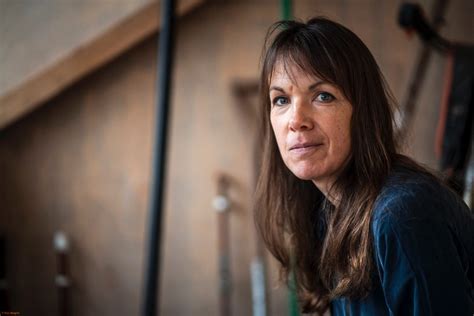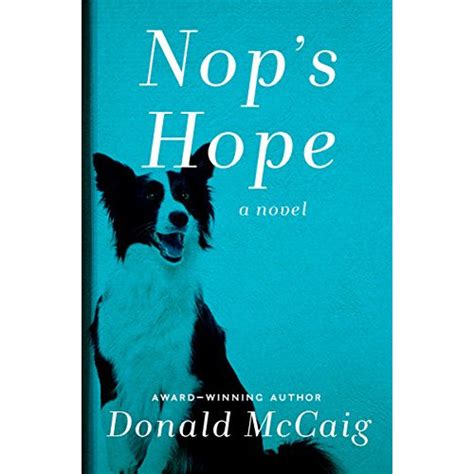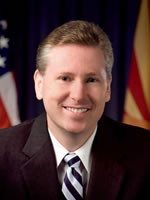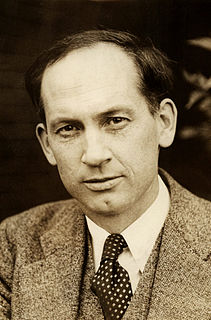A Quote by Umberto Eco
Libraries have always been humanities' way of preserving its collective wisdom
Quote Topics
Related Quotes
When the function of libraries is put in terms of their contributions to the community, people see their centrality. The challenge to us is to continue to help them see it in those terms to describe our larger purposes. We must assert that libraries are central to the quality of life in our society; that libraries have a direct role in preserving democratic freedoms. Free access to information and the opportunity of every individual to improve his or her mind, employment prospects, and lifestyle are fundamental rights in our society.
As a shy, introverted, scholarly child (long ago) I don't know what I would have done without libraries! My family moved often. I was always the new kid in town. The library always offered me my first and most important friendship: the place where I felt right at home. I still feel that way today, about libraries.
What use could the humanities be in a digital age? University students focusing on the humanities may end up, at least in their parents' nightmares, as dog-walkers for those majoring in computer science. But, for me, the humanities are not only relevant but also give us a toolbox to think seriously about ourselves and the world.
When I was young, I believed that life might unfold in an orderly way, according to my hopes and expectations. But now I understand that the Way winds like a river, always changing, ever onward.. My journeys revealed that the Way itself creates the warrior; that every path leads to peace, every choice to wisdom. And that life has always been, and will always be, arising in Mystery.
Everything is humanities. The sciences are a form of the humanities. They involve traditions of inquiry; they involve social engagement with ideas. They do not happen with a naked brain going out and encountering a nonhuman world. And the better we understand ourselves, the better we can do science, as well. So I don't see them - the sciences and the humanities - as being at all different.







































